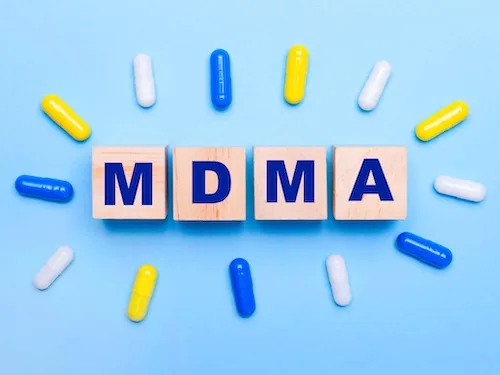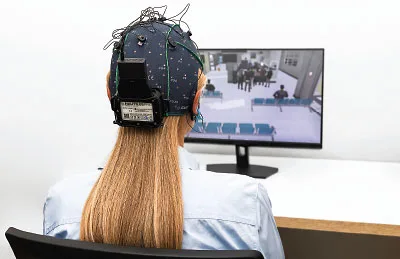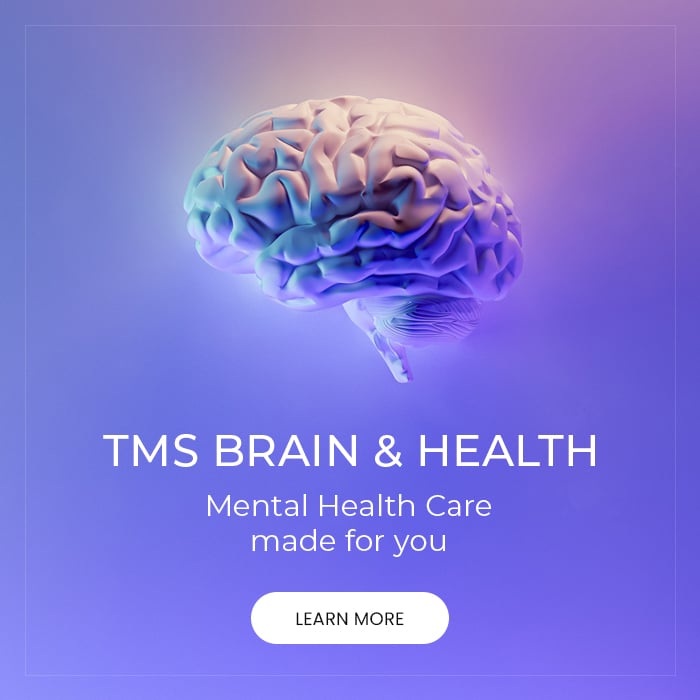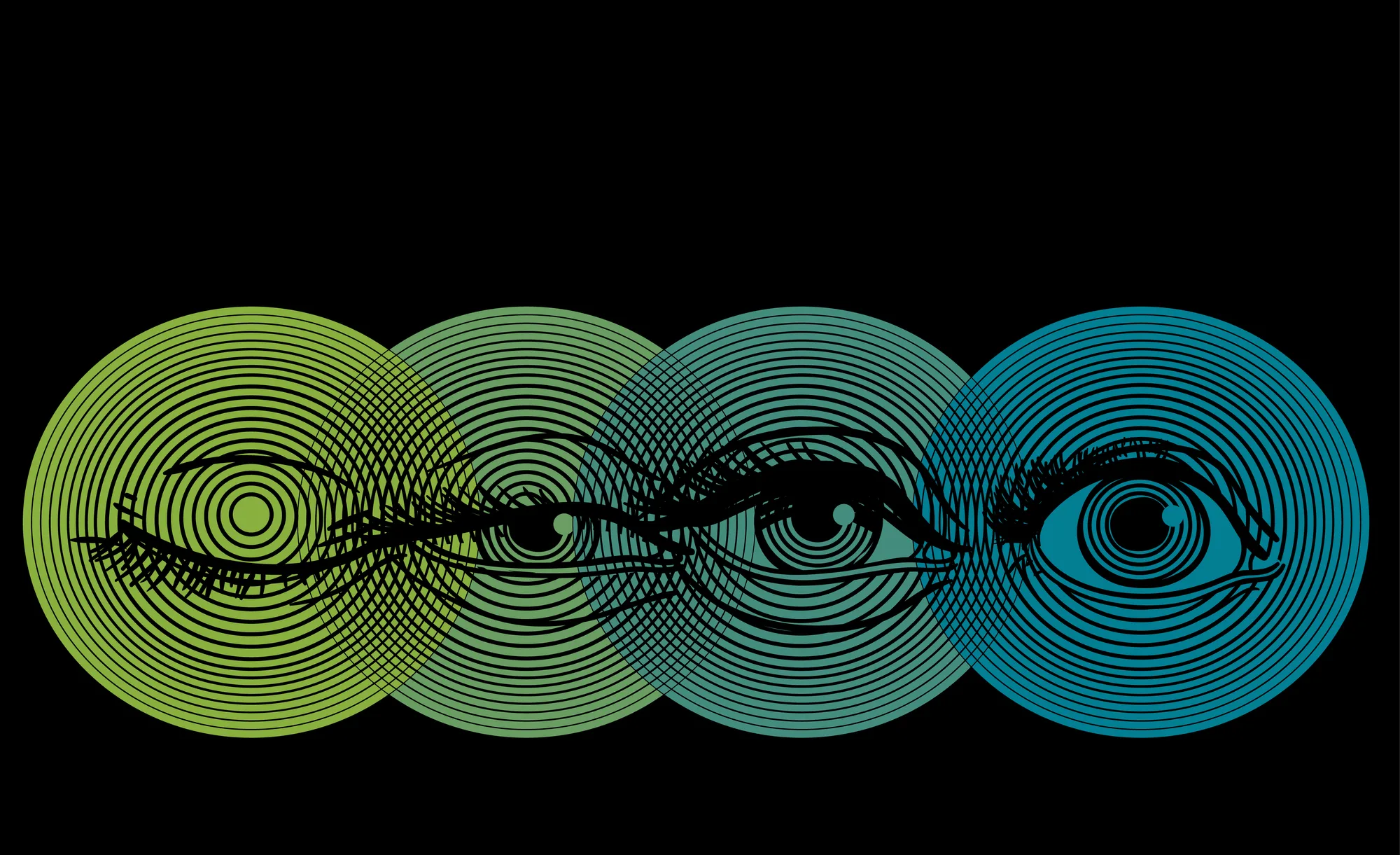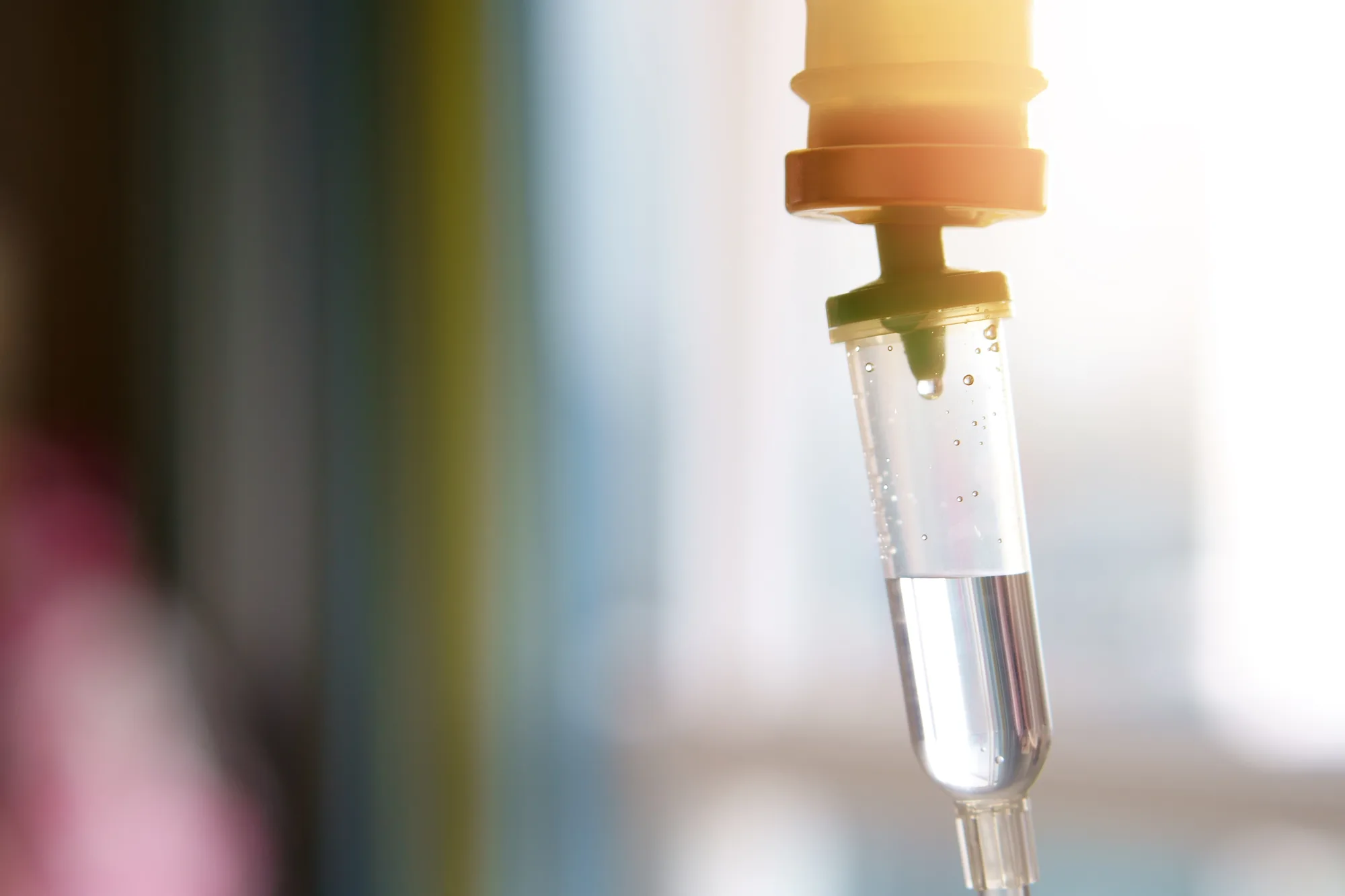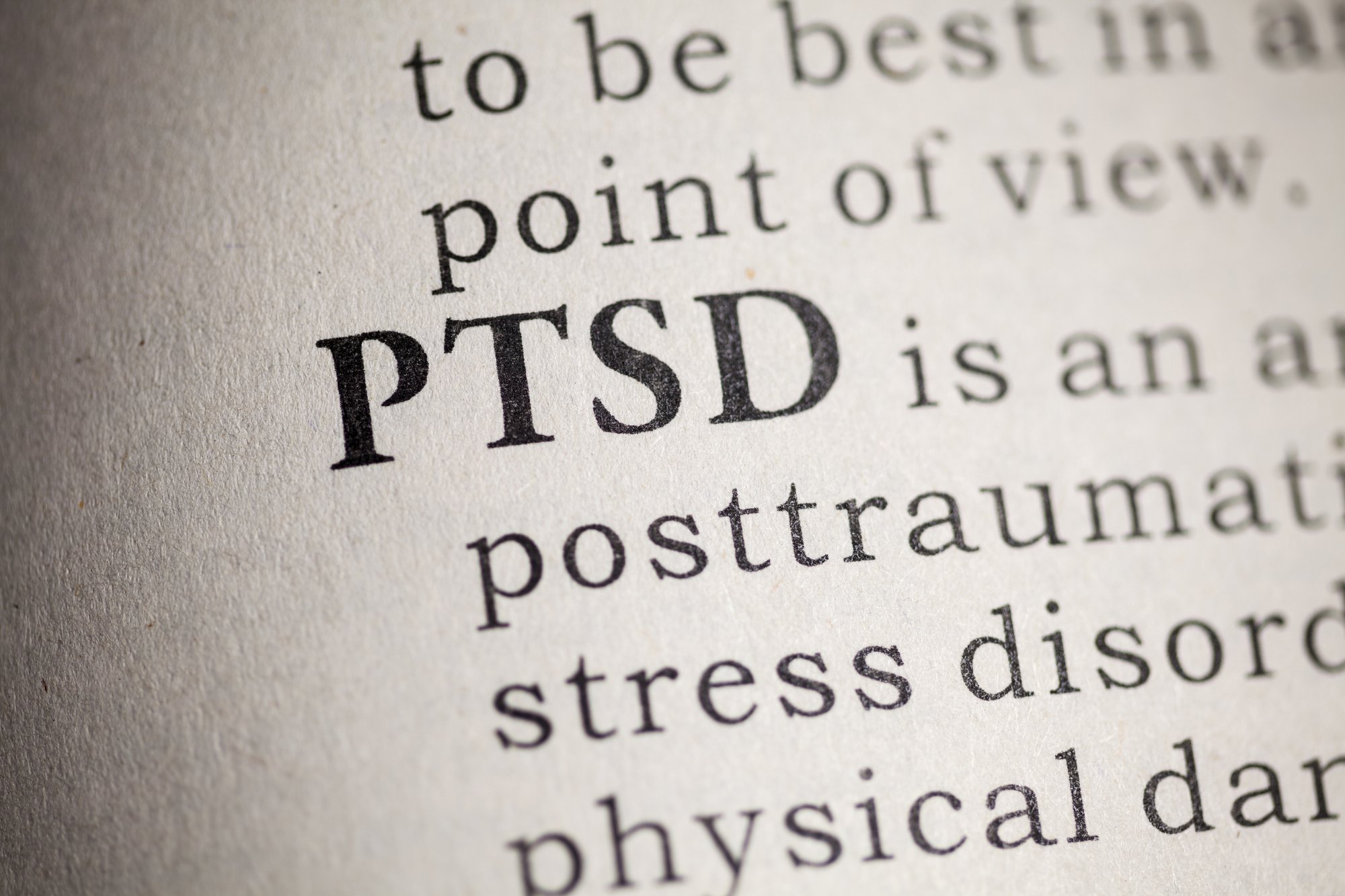If you or a loved one are living with bipolar disorder, you may be researching different treatment options, one being Transcranial Magnetic Stimulation, also known as TMS therapy. TMS gained its initial FDA approval for addressing Major Depressive Disorder (MDD) back in 2008. Medical professionals and insurance providers have predominantly employed TMS in cases of treatment-resistant depression, a term that lacks a precise definition but commonly pertains to individuals who have experimented with a minimum of two antidepressant medications and engaged in several months of psychotherapy with no relief. The exact characterization of treatment-resistant depression can vary based on the research, insurance policies, or medical practitioners involved. So how does TMS fare when it comes to bipolar disorder?
A Brief Overview of Bipolar Disorder
Major Depressive Disorder (MDD) falls under the category of “unipolar depression,” signifying that the individual’s mood remains within the realm of either depression or stability. In contrast, Bipolar Disorder is diagnosed when someone experiences shifts between manic and depressive states. Manic episodes are characterized by heightened energy, impulsive behavior, euphoria, reduced focus, and a tendency towards risky activities such as gambling. Diagnostic criteria evolve periodically, but generally, a person is considered to have diagnosable Bipolar Disorder if they have encountered at least one manic episode in their lifetime, even if it was triggered externally, such as by antidepressant medication or recreational drugs.
Bipolar Disorder manifests in two distinct variations, based on the intensity of manic episodes. Bipolar I entails more intense and destructive manic phases, whereas Bipolar II involves milder manic episodes and usually a lesser degree of depression. It’s worth noting that these distinctions can sometimes appear somewhat inconsistent.
Is TMS Effective For Bipolar Depression?
Yes, but it’s essential to grasp the intricacies involved. Many medical professionals might express concerns that TMS could prove overly stimulating for individuals struggling with bipolar depression, potentially precipitating a shift into a manic episode. Although there exists a slight risk of TMS triggering mania, research indicates that this risk is comparable to the possibility of any SSRI inducing mania in someone dealing with Bipolar Depression. While certain case reports have shed light on the possibility of inducing mania, it’s crucial to note that such a transformation isn’t an instantaneous occurrence.
Studies have highlighted that TMS serves as an effective and safe intervention for individuals dealing with bipolar depression, as long as the treatment regimen and methods are closely monitored. Intriguingly, a particularly well-executed study revealed that TMS not only alleviated depression but also enhanced cognitive function in those with bipolar disorder.
Customized TMS Therapy For Bipolar Disorder
A knowledgeable team at a TMS clinic will take a daily assessment of shifts in energy levels, sleep patterns, motivation, and mood. Within our clinic, particular emphasis is placed on individuals with a prior bipolar diagnosis, warranting meticulous observation of treatment parameters. For example, we may opt to reduce the stimulation intensity, modify the number of pulses administered per session, or even employ a more soothing protocol targeting an entirely different region of the brain. A facility that cannot flexibly adapt its protocol according to individual responses presents heightened risks for individuals navigating bipolar depression. In the majority of cases, we find ourselves implementing a bilateral TMS protocol for treating bipolar patients.
Our Experience Treating Bipolar Depression With TMS
While TMS isn’t yet FDA approved for bipolar disorder, we have noticed in our offices that individuals with bipolar depression have better response rates than individuals with unipolar depression. There haven’t been any large-scale studies that show this yet, but we think this is because the brain of a bipolar individual has more flexibility in terms of switching between states (“the two poles”), and as such, can shift from depression to feeling better more easily. However, if a center had machines that didn’t allow for a personalized approach, we would be concerned about both the safety and efficacy of treatment.


